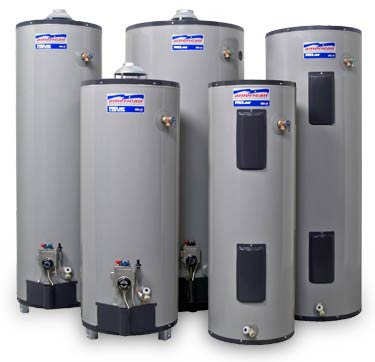 I’m not spending a whole lot of time wondering where the market “is” over the past few weeks, because any 40 day period when I am juggling issues from 5 different home inspections, suggests the market is clearly “picking up”.
I’m not spending a whole lot of time wondering where the market “is” over the past few weeks, because any 40 day period when I am juggling issues from 5 different home inspections, suggests the market is clearly “picking up”.
One of the big differences between a buyer’s market and a seller’s market, is the amount of detail that is encountered in the home inspection process. In a hot seller’s market, the inspection phase was mostly about “pass or fail” and most often buyers were willing to overlook minor issues of minimal cost factor.
In a buyer’s market, every inspection item is of importance and concern. Often it’s not about “well, I don’t want the house unless…”. It’s more about having a better and full understanding of what you are buying, and what major or minor items need to be addressed by the seller, or even by the buyer after they own the home.
The picture above is a “water pressure reducing valve”. Pretty simple stuff, but the discussions back and forth when the inspector says “the psi is too high” can get very complex. While it is true that the municiple service supplying water will adjust psi that is outside of its designated “normal range”, they are often not talking about the same psi as the inspector.
The above water pressure reducing valve is placed to control the psi level at a particular home. The municipality may be, and will likely be, talking about the psi level of the pipe in the street supporting the flow to all of the nearby homes.
To complicate things even further, there are two water lines to the house in question, one of which services the internal fire sprinkler system. If you reduce the psi below 80 so that the pressure is not too high for smaller water tubes in your dishwasher or water purifier or refrigerator ice and water dispenser lines, you have to be careful not to reduce the psi for the fire sprinkler system.
When the house has an internal fire sprinkler system, there are usually two water lines coming into the house. One is for the domestic water, the other is for the sprinkler system. The psi levels needed for each are different.
While agents can’t be specialists in all things, we often are the line of communication back and forth, and back and forth, until the issue is understood enough by all parties to be resolved properly. When inspections go sideways, often it is a communication failure vs. an unwillingness for the buyer or seller to address the item.
In this case, I also had to find a Fire Sprinkler System specialist to come and inspect it separately, as a general inspector can only go so far with items that require specific vs. general expertise.
I’m not going to go into the specifics of what level the psi should be, as there are varying opinions. I do find this article to be generally correct, as I undertand the pros and cons of various levels affecting various portions of the home. I am hoping this post will bring comments from people who want to discuss this issue further amongst themselves, since it is a fairly common, and not well understood, aspect of a buyer’s home inspection.

